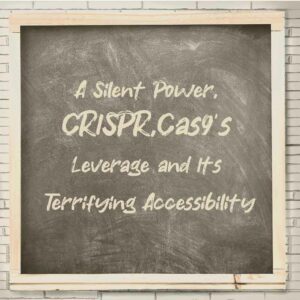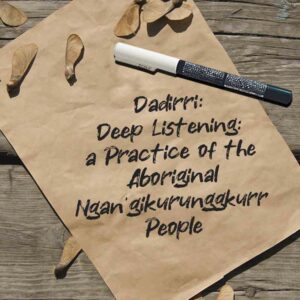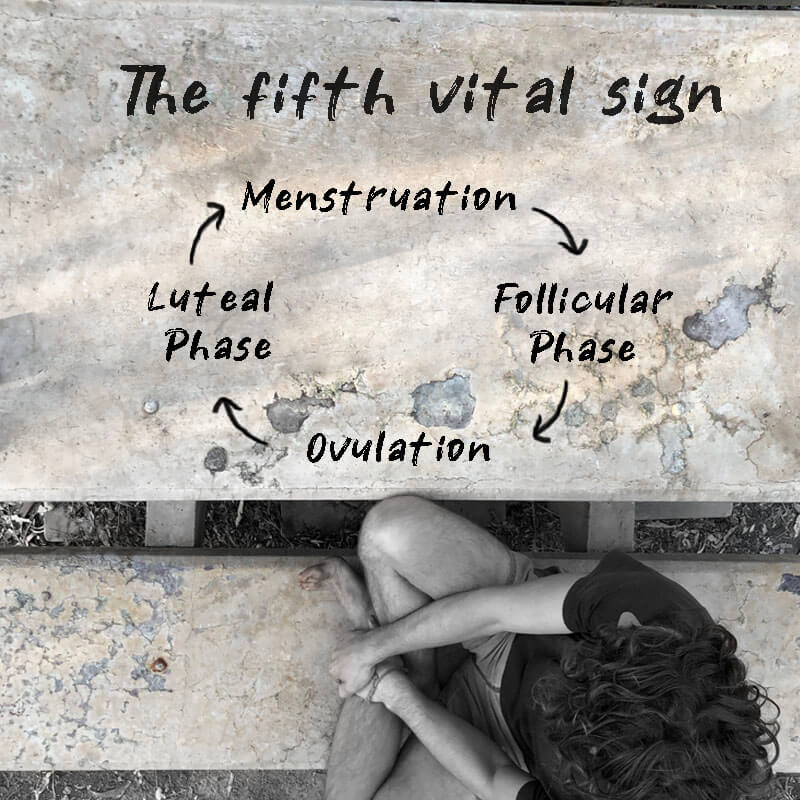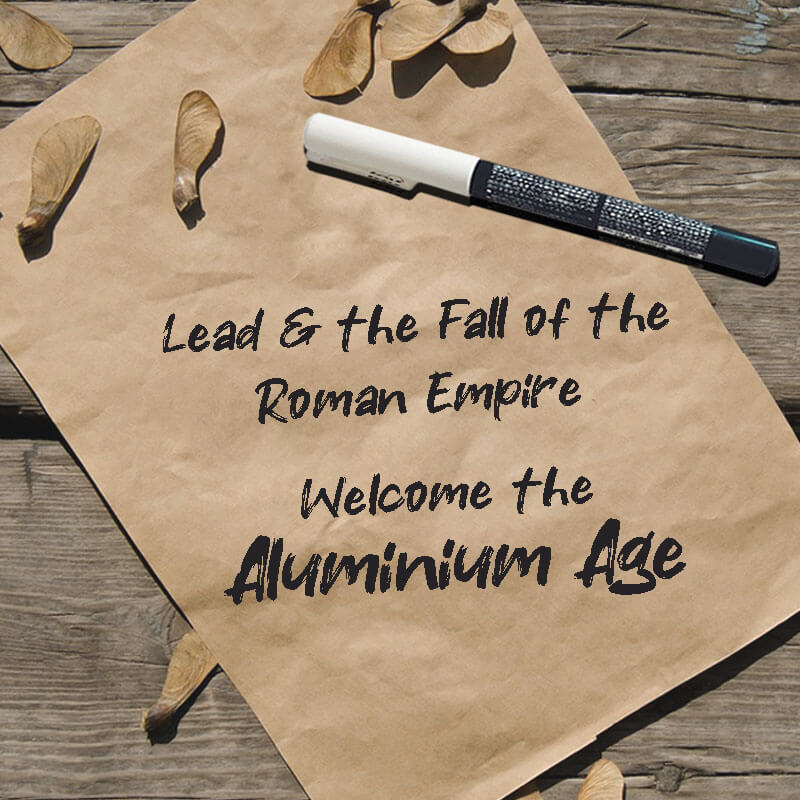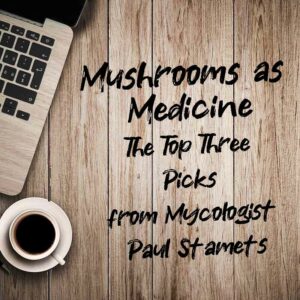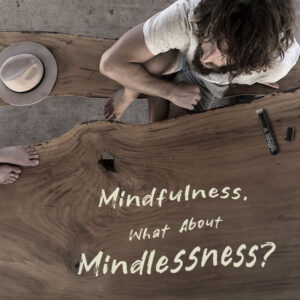It’s been suggested that acquiring new information can stimulate the release of dopamine in the brain, which is associated with feelings of pleasure and reward. When we learn something new, our brain releases dopamine as a way of reinforcing the behaviour and encouraging us to seek out more information.
The release of dopamine in response to acquiring new information was evolutionarily necessary for our survival. In our prehistoric past, acquiring new information about our environment, such as what plants were safe to eat and what animals were dangerous, could mean the difference between life and death. However, in our modern world, is the dopamine hit we get from acquiring information driving us to consume more and more? And more importantly, are we unknowingly harming ourselves by consuming excessive amounts of information?
In our pre-evolutionary days, the information we received was simpler and less stimulative. As a result, their brains were not constantly in a state of hyperarousal.
In our modern world, we are bombarded with an overwhelming amount of information on a daily basis. From social media updates to news alerts to work emails, it can be difficult to filter through what is important and what is not. While we might think that more information is always better, there is a point where too much information can be detrimental to our mental health.
In our pre-evolutionary days, the information we received was simpler and less stimulative. Our ancestors needed to know how to find food, build shelter, and defend themselves from predators. They didn’t have access to the constant stream of information that we do today, and as a result, their brains were not constantly in a state of hyperarousal. One could argue that this is as nature intended our brains to function.
However, as we evolved, our brains developed the capacity for abstract thinking and learning, and we began to accumulate knowledge at an unprecedented rate. While knowledge has allowed us to make remarkable advancements in science, technology, and medicine, it has also given us the ability to create weapons of mass destruction, perpetrate genocide, and destroy the environment.
We can’t unlearn information and we carry the weight of our knowledge with us
Another danger of knowledge is that once we learn something, we can’t unlearn it. This means that we carry the weight of our knowledge with us, and sometimes that knowledge can be overwhelming. For example, learning about the atrocities of corruption or the destruction of the environment can leave us feeling helpless and hopeless.
Additionally, some of the information we consume isn’t necessarily by choice. For example, roadside and web based advertising bombards us with messages about products and services we may not need or want. This type of advertising can be particularly harmful to our mental health because it creates a sense of inadequacy and encourages us to compare ourselves to others.
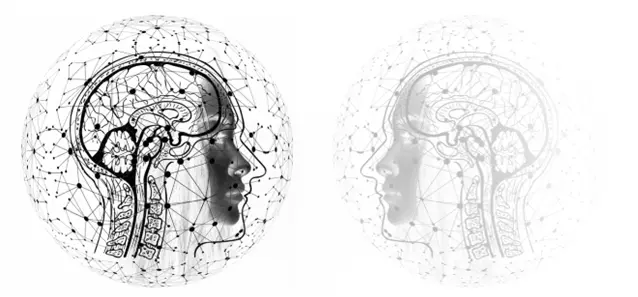
While sharing information can be helpful, forcing it on others can be burdensome and even harmful. People have their own beliefs and experiences that shape their perspective, and may not be receptive to burdensome information if they are not requesting or ready to receive it. It is important to respect people’s boundaries and their right to make their own decisions about what information they want to receive.By doing so, we can create an environment of mutual respect and understanding, and avoid burdening others with information they may not be ready or willing to receive.
Nicholas Carr, in his book “The Shallows: What the Internet Is Doing to Our Brains”, argues that the internet is changing the way we think and process information. According to Carr, the constant stimulation and distraction of the internet are rewiring our brains, making it harder for us to concentrate and think deeply. He argues that the internet’s constant stream of information, with its emphasis on quick skimming and scanning, is altering the neural pathways in our brains, making it more difficult for us to engage in sustained, focused thinking. Carr suggests that the internet’s impact on our brains has far-reaching implications for our ability to learn, think critically, and be creative.

What the Internet is Doing to Our Brains | Nicholas Carr
So, what can we do to protect our mental health in the face of excessive and involuntary information? First, it’s important to find a balance in the amount of information we consume. We can set boundaries for ourselves, such as limiting our time on social media or taking breaks from technology altogether. Or in my case, restructure my work and commitments to have more time spent hiking and out in nature.
*
While the amount of information available to us today is certainly a blessing, it can also be a curse. Our pre-evolutionary ancestors didn’t have to contend with the same constant stream of information that we do today, and as a result, their brains were not constantly in a state of hyperarousal. By finding a balance in the amount of information we consume and being mindful of the impact of knowledge, we can protect our mental health and use information to enhance our understanding of the world around us.

Nils Strohbeck
Connect
A Perfect Coup: Pharmaceutical Industry’s Hold on Healthcare
A dive into industry's extensive influence
Lead and the Fall of the Roman Empire: Welcome the ‘Aluminium Age’
How Aluminium is Affecting Our Health



